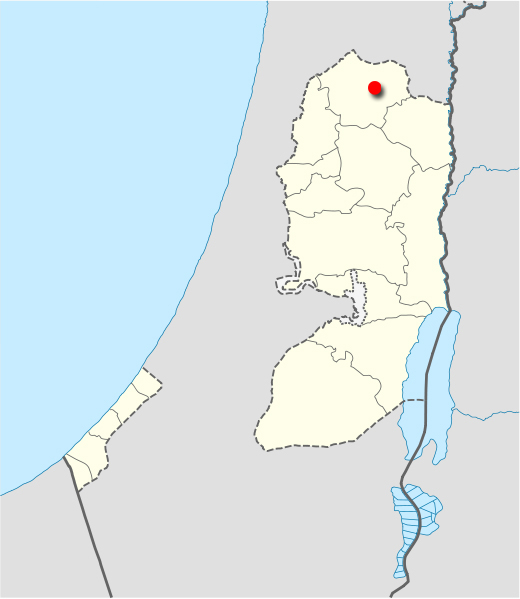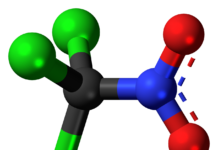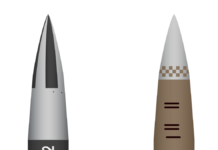Earlier today, Israeli forces carried out a raid at the Ibn Sina Hospital in the West Bank city of Jenin, which led to the deaths of three individuals. These individuals were identified by the Israel Defense Forces (IDF) as members of a group they described as a “Hamas terrorist cell.” The IDF stated that this cell was in the process of planning a terror attack in the immediate future. The operation, taking place in a major healthcare facility that serves the city and its surrounding refugee camp, has been the focus of international attention due to its location and the circumstances surrounding it.
The operation, carried out in the hospital’s rehabilitation ward, has been heavily criticized by the Palestinian Health Ministry and other international entities, citing the special protection granted to healthcare facilities under international law. However, the IDF argues that Jalamnah was using the hospital as a hiding place, justifying the raid as a necessary response to prevent an immediate terror attack.
This event is set against the backdrop of ongoing tensions and violence in the region. The IDF’s actions can be seen in the context of its broader strategy to counter militant activities, especially following the deadly Hamas attack on Israeli civilians on October 7th. This strategy involves preemptive and reactive measures to disrupt potential threats and respond to attacks. Israel’s firm stance against Hamas and other militant groups is driven by the need to protect its civilian population from such attacks.
The complexity of the situation in the West Bank, including the presence of various militant groups and the intricate political landscape, makes operations like the one in Jenin particularly sensitive. Israel maintains that its actions are necessary for national security and the protection of its citizens.
Image is licensed under the Creative Commons Attribution-Share Alike 2.5 Generic license and was created by Freedom’s Falcon.









